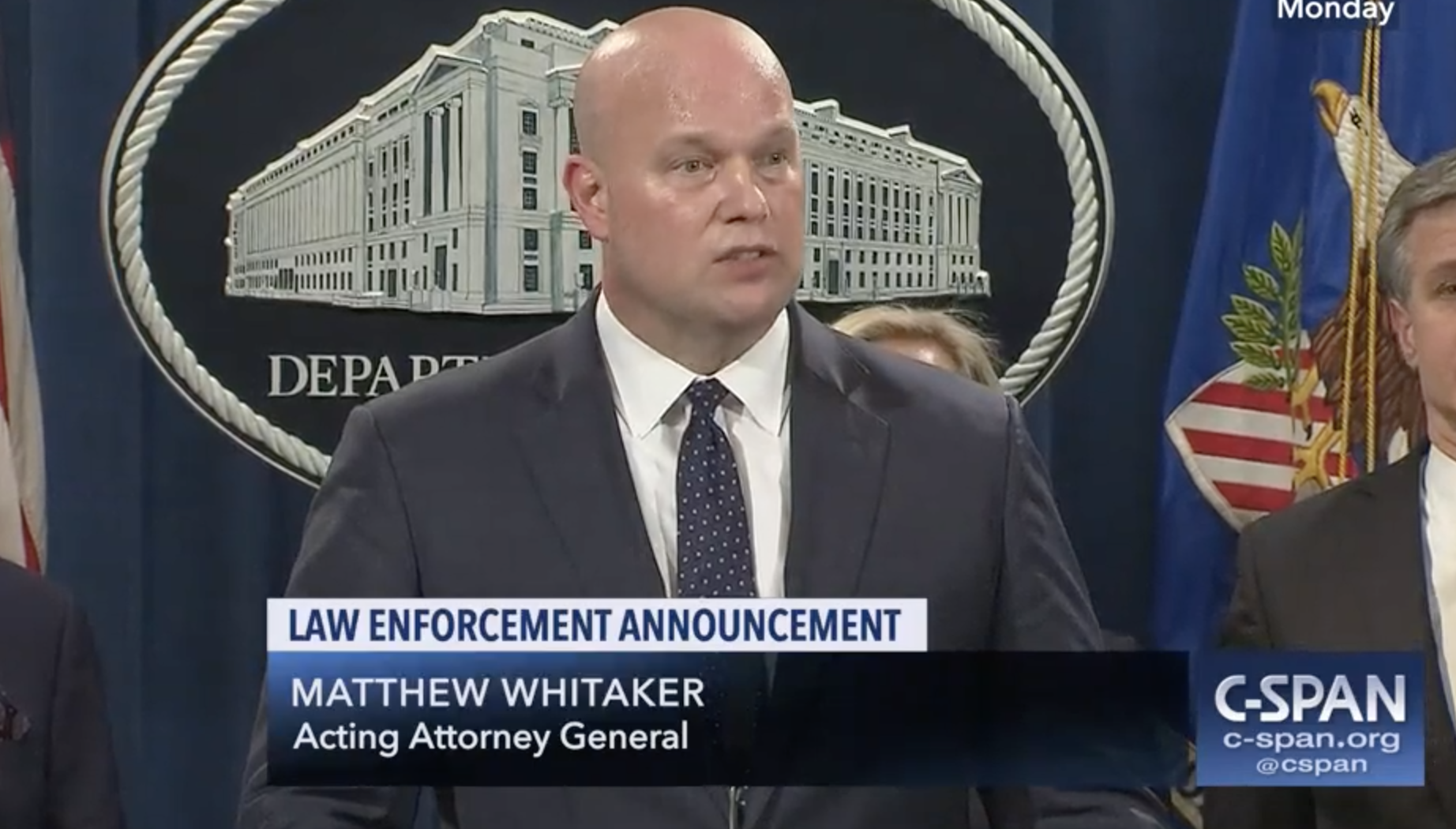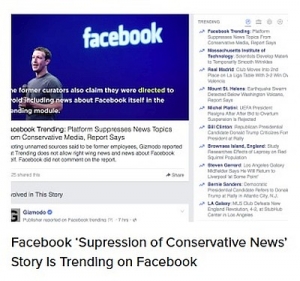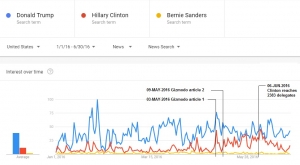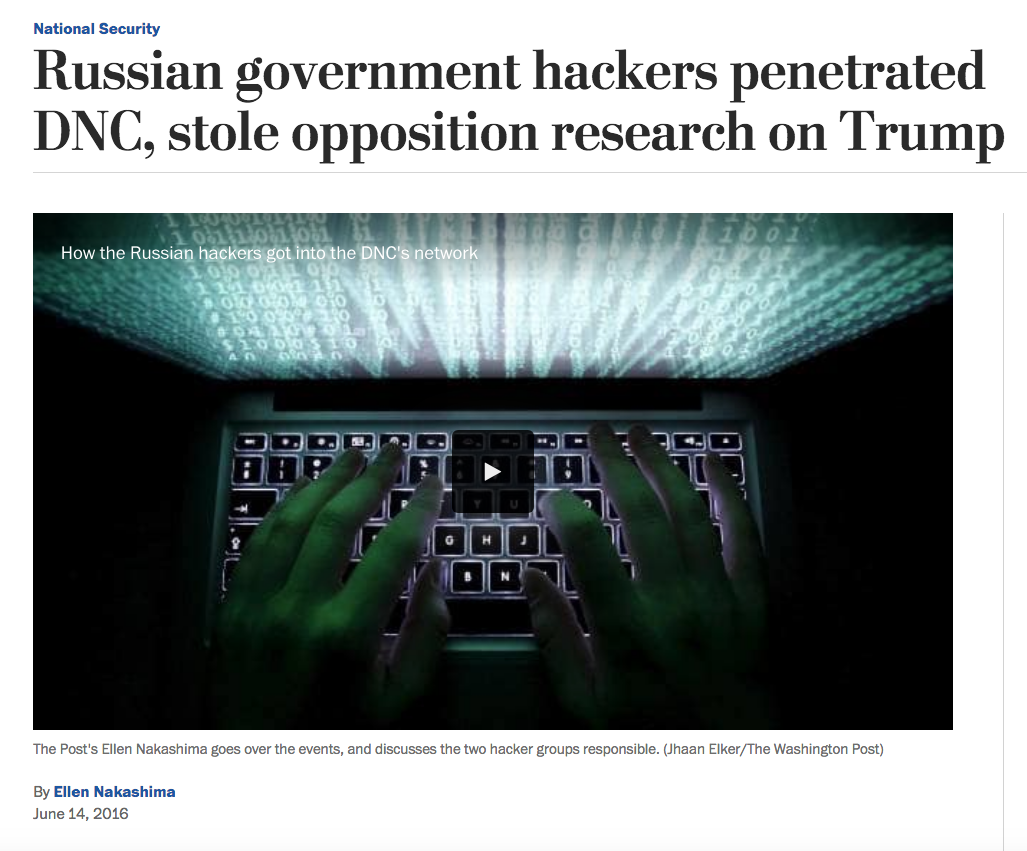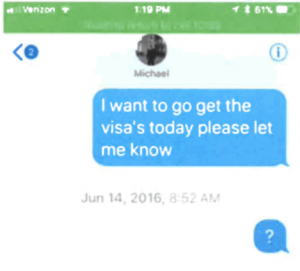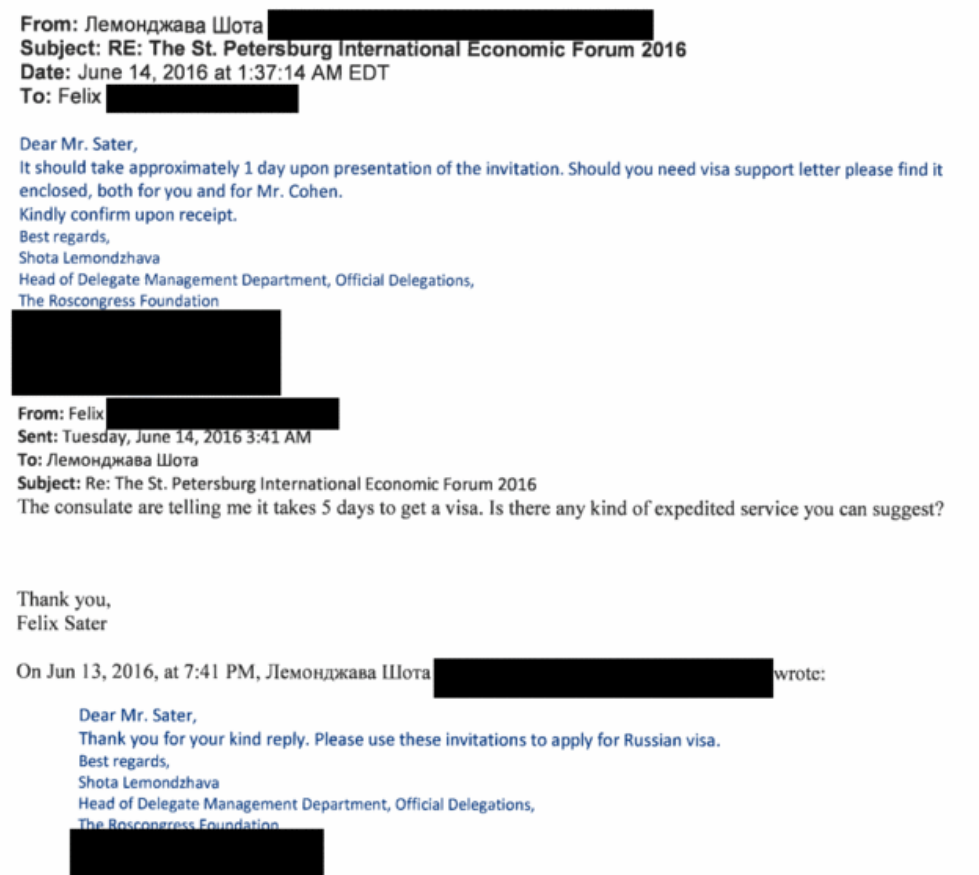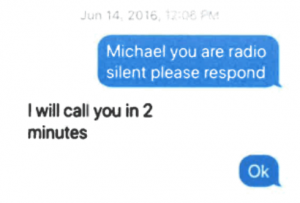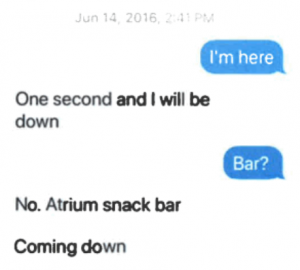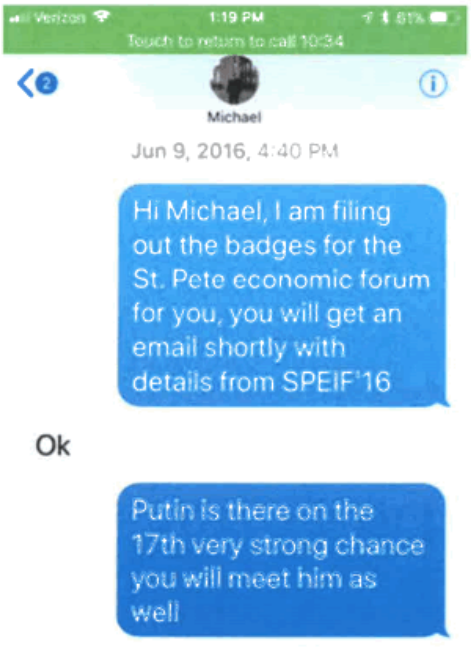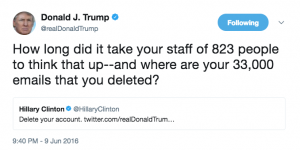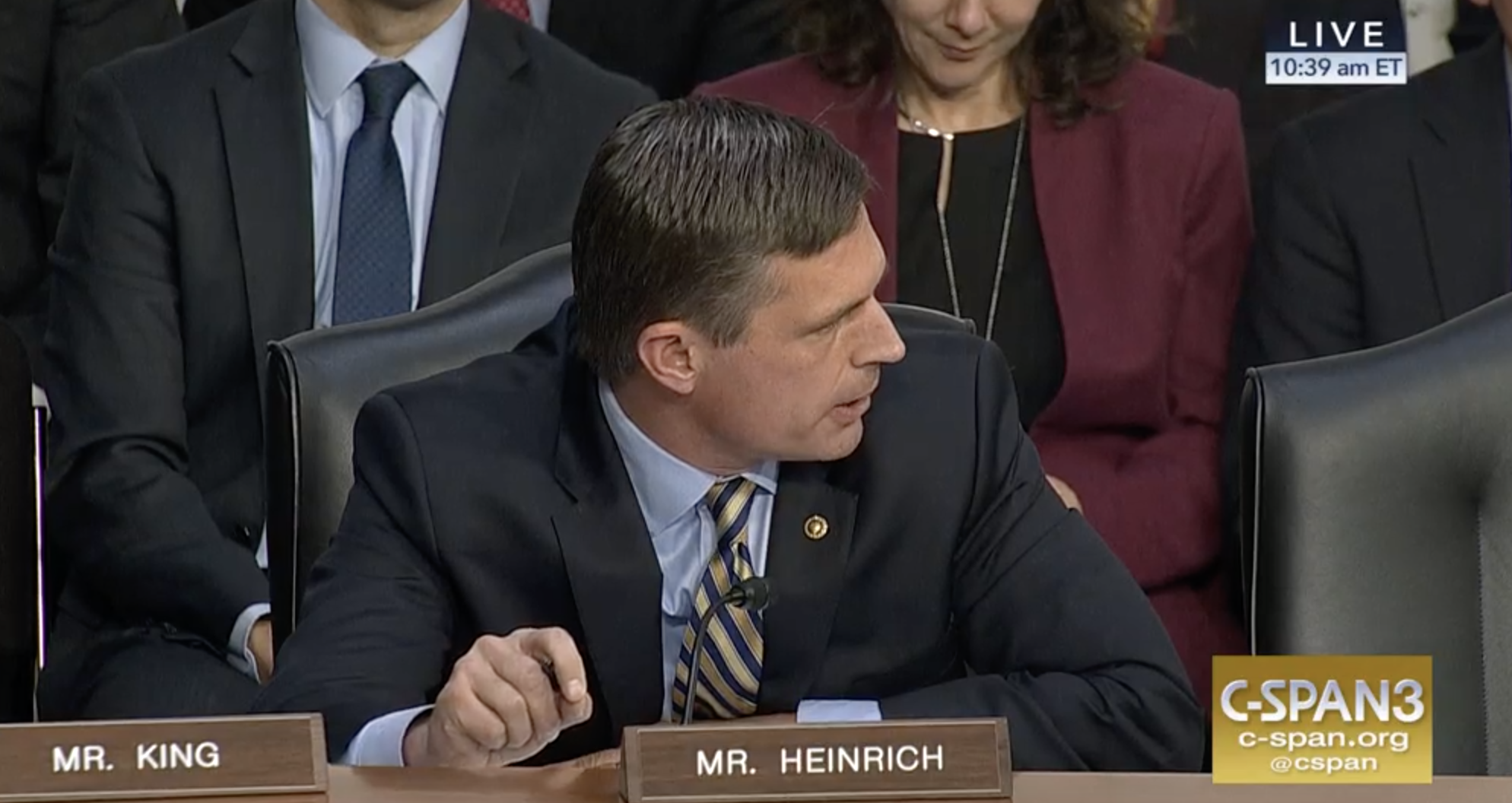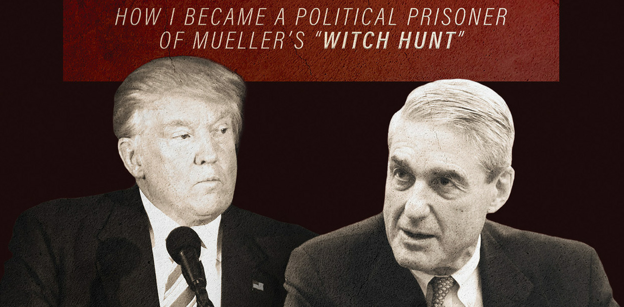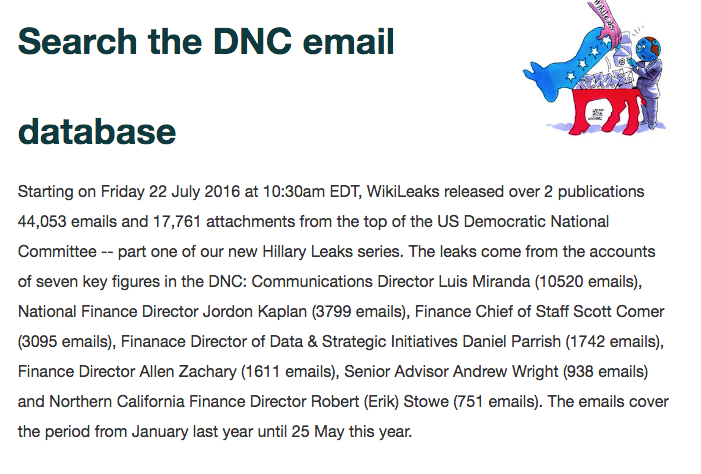Big Dick Toilet Salesman Matt Whitaker Crams for His Open Book Test
My goodness does Matt Whitaker seem worried about his testimony before the House Judiciary Committee on Friday. Between CNN last night and Daily Beast today, there are two DOJ sourced stories claiming that he has been working hard to prepare for his testimony before the House Judiciary Committee tomorrow. The Daily Beast story notes something I noted last night: DOJ is already late for a Jerry Nadler-imposed 48 hour deadline to invoke executive privilege for tomorrow’s testimony.
On Jan. 22, Nadler sent Whitaker a letter listing questions he plans to ask, including about his talks with President Donald Trump before he fired Jeff Sessions and his role supervising Mueller’s Russia investigation. And, importantly, Nadler also asked Whitaker to tell him at least 48 hours before the hearing if he planned to invoke executive privilege in response to any of those questions. Executive privilege refers to the president’s legal right to have private conversations with his staff about his presidential duties. Though the Constitution doesn’t use the term, the Supreme Court has ruled that this right exists.
The Justice Department did not make Nadler’s 48-hour deadline.
“We’re not aware of any rules that govern a set amount of time when one needs to invoke executive privilege,” one senior DOJ official involved in Whitaker’s preparation told The Daily Beast. “We do intend to respond, fulsomely addressing the executive-privilege issue in a letter before the hearing.”
In spite of DOJ’s effort to make it look as if the Big Dick Toilet Salesman running the joint has been preparing for this, I’ve heard differently.
HJC just pre-authorized a subpoena on a party line vote for Whitaker’s appearance tomorrow, so they can hold him in contempt when he refuses to answer questions.
In response (and after the Senate Judiciary Committee voted to advance William Barr’s confirmation, also on a party line vote, virtually ensuring DOJ will have a new, qualified Attorney General sometime next week), DOJ said the Big Dick Toilet Salesman won’t show up tomorrow unless he is given assurances he won’t be served with that subpoena.
The Justice Department told the House Judiciary Committee Thursday afternoon that acting Attorney General Matt Whitaker will not appear at Friday’s closely-watched oversight hearing unless he receives a written assurance by 6 p.m. ET Thursday that he will not be served with the subpoena the committee pre-emptively authorized to use if he avoids questions.
I suspect the reason DOJ is making this threat is because these questions that Whitaker is prepared to answer do not address all the questions that Nadler posed in advance.
The Acting Attorney General will testify that at not time did the White House ask for, or did the Acting Attorney General provide, any promises or commitments concerning the Special Counsel’s investigation. He will explain that, since he became Acting Attorney General, the Department has continued to make its law enforcement decisions based upon the facts and law of each individual case, in accordance with established Department practices, and independent of any outside interference. With respect to the Special Counsel investigation, the Department has complied with Special Counsel regulations, and the Acting Attorney General will make it clear that there has been no change in how the Department has worked with the Special Counsel’s office. The Acting Attorney General is also prepared to discuss the process and the conclusions of the ethics review by which he concluded that there was no need for him to recuse himself rom supervising the Special Counsel investigation.
We do not believe, however, that the Committee may legitimately expect the Acting Attorney General to discuss his communications with the President. If there are questions at the hearing that the Acting Attorney General does not answer to the satisfaction of the Committee, then the appropriate next step would be for the Committee to contact this office to initiate a joint effort by the Committee and the Department to negotiate a mutually acceptable accommodation under which the Department can satisfy the Committee’s legitimate oversight needs to the fullest extent, consistent with the Executive Branch’s confidentiality and other institutional interests. Should the branches be unable to reach an acceptable agreement, only then would it be time for the Committee to issue a subpoena and, if necessary and appropriate, for the President to determine whether to invoke executive privilege.
Those answers don’t address the majority of the questions Nadler posed in his January 22 letter.
- President Trump fired former Attorney General Jeff Sessions November 7, 2018. On or before that date, did you have any communication with any White House official, including but not limited to President Trump, about the possibility of your appointment as Acting Attorney General? If so, when and with whom? Did any of those communications discuss the possibility of your recusal from oversight of the Special Counsel’s investigation?
- You announced your decision not to recuse yourself from the Special Counsel’s investigation on December 19, 2018. Did you consult with the White House about that decision, before or after it was announced? If so, with whom?
- My understanding is that you consulted with a four-person team of advisors for guidance on the question of your recusal. Who are these four individuals? Did any of them consult with the White House about your decision not recuse yourself from the Special Counsel’s investigation?
- Have you ever received a briefing on the status of the Special Counsel’s investigation? If so, have you communicated any information you learned in that briefing to any White House official, including but not limited to President Trump, or any member of President Trump’s private legal team?
- It has been reported that President Trump “lashed out” at you on at least two occasions: after Michael Cohen pleaded guilty on November 29, 2018, and after federal prosecutors identified President Trump as “Individual 1” in a court filing on December 8, 2018.[1]
- Did President Trump contact you after Michael Cohen pleaded guilty? What did he say? Did you take any action as a result of that conversation?
- Did President Trump contact you after he was identified as “Individual 1” in documents related to the criminal sentencing of Michael Cohen? What did he say? Did you take any action as a result of that conversation?
- In any of these conversations, did President Trump express concern, anger, or similar frustration with the actions of the Office of the U.S. Attorney for the Southern District of New York?
- In any of these conversations, did President Trump discuss the possibility of firing or reassigning certain personnel who work for the Office of the U.S. Attorney for the Southern District of New York?
- In any of these conversations, did the President discuss the recusal of Geoffrey Berman, the current U.S. Attorney for the Southern District of New York, from the Michael Cohen case and other matters related to the work of the Special Counsel?
- Former Attorney General Jeff Sessions tasked John Huber, the U.S. Attorney for the District of Utah, with reviewing a wide range of issues related to former Secretary of State Hillary Clinton. Have you ever received a briefing on the status of Mr. Huber’s work? If so, have you communicated any information you learned in such a briefing to any White House official, including but not limited to President Trump, or any member of President Trump’s private legal team?
- On January 17, 2018, BuzzFeed News reported that federal prosecutors have evidence, in the form of witness interviews and internal communications, suggesting that President Trump had directed Michael Cohen to lie to Congress. On January 18, the Special Counsel issued a rare statement describing some aspects of the BuzzFeed story as inaccurate. Did you have any communication with the White House about the BuzzFeed report or the decision of the Special Counsel’s office to issue its subsequent statement? If so, with whom? What was discussed?
In other words, DOJ seems to be using the fact that Nadler will insist on answers to the questions to refuse to show up.

